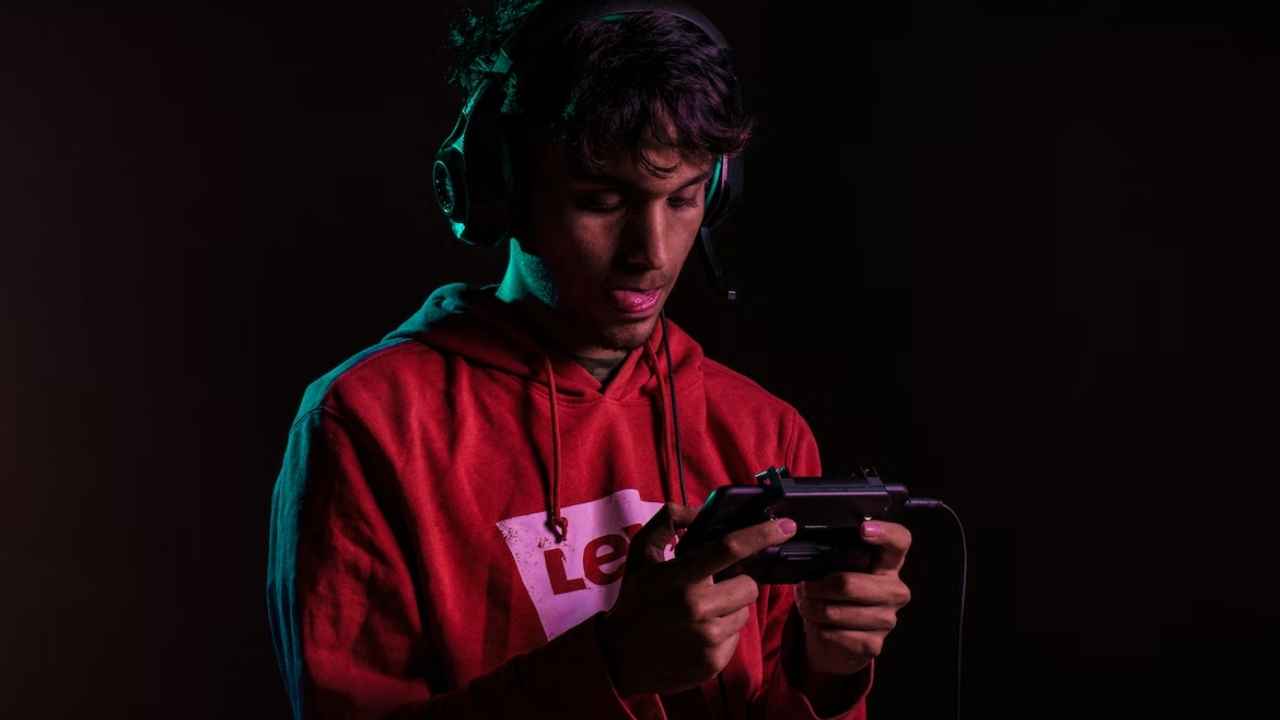Why is India regulating online games and what does the Indian gaming industry think about this?
India planning to regulate online gaming.
Why is the Indian government regulating online gaming?
How is it planning to regulate online games and what does the industry think about it?

We recently did a story about the Indian government regulating online games among children. So, here’s a follow-up to that piece wherein we discuss why we think the centre is proposing a regulatory framework like this and what the Indian gaming industry thinks about it.
 Survey
SurveyFirst, the why.
How is India planning to regulate online gaming?
Image source: Unsplash
The ministry of electronics and information technology (MeitY) has set a panel that is tasked with framing regulations “against prohibited gaming formats" and mandatory KYC (Know Your Customer) norms for players, among other things.
These are reportedly part of a 108-page report drafted on August 31, 2022, and could go into effect by February 2023.
An ET report quotes a government official related to the matter saying, “Addiction (to games) has to be dealt with — whether we do it partly in the IT Rules and partly in the DIA (Digital India Act), it is going to be done”. He also mentioned that since this is a novel issue, it calls for “innovative solutions” and consultation with all the stakeholders such as parents, schools, gaming companies, parents, and adult gamers.
Here are some of the checks and balances suggested:
- Disclosing the time players have spent on each app through usage charts (duration per session). This should be done in a way that doesn’t encourage the young players to play more.
- KYC form or other means to verify the age and other details of the players.
- Gaming companies should “host, display, upload, publish, transmit or share an online game” with respect to Indian laws.
- Games that decide betting and gambling based on the outcome are likely to be prohibited soon. So, the regulations could try to keep such games off-limits for children. In Minister of State for Skill Development and Entrepreneurship of India, Rajeev Chandrasekhar’s words, these games are a “no-go”.
- In case, players have any issues, there should be a grievance officer, a chief compliance officer and a nodal contact person who will be a point of contact with law enforcement agencies.
The regulatory body is planning to design a protective framework for women gamers too.
Why is India planning to regulate online gaming?
Image source: Unsplash
Broadly speaking, these are some of the concerns around online gaming that seeks regulation:
- Cyberattacks: As per a ToI report, out of 703 Indian gamers surveyed in 2021, four out of five players have reportedly lost money to the tune of about ₹7,800. Around 35% of the respondents claimed to have got infected by malicious programs on their gaming devices. A common vector of cyberattacks is phishing.
- Addiction: An Indian study has found that about 3.5% of Indian adolescents suffer from Internet gaming disorder. This is a driving cause of anxiety and depression among young minds.
- Loss of money: The above two factors could drain the player’s wallet. Even fraud and a service shutting down can lead to the loss of real money.
Now, one of the problems dragging down the regulation could be the way different Indian states have conflicting rules about games, specifically betting and gambling. There is no clear consensus about whether a game is chance or skill-based.
Also, some of the off-shore players in the space are apparently able to evade tax because of the confused state of affairs.
While we are discussing this topic, the Chinese regulation of online games comes to our mind. For the uninitiated, here’s what happened:
China reining in online gaming
Culturally, China considers online games as "spiritual opium" that distracts young minds from focusing on productive activities.
In line with that sentiment, the first set of rules was passed in 2019 whereby any minor players below 18 years old were permitted to play only 90 minutes of gaming on weekdays and three hours per day during weekends. Owing to alleged pressure from concerned parents, the Chinese government increased the restrictions that limited the allowed gameplay hour to 8 – 9 PM on Fridays, Saturdays and Sundays.
China's game regulator continues to implement targeted regulations aimed at curbing game addiction among minors
New policy states that minors can only play games for one hour on Fridays, Saturdays and Sundays between 8pm to 9pm.
An extremely restrictive policy. pic.twitter.com/kkbh9PGsND
— Daniel Ahmad (@ZhugeEX) August 30, 2021
This year, CNG, the country’s premier research and data provider came forward with the claim that the new regulations have brought about “remarkable results” in curbing online game addiction.
It seems like India must have drawn some inspiration from the recent Chinese clampdown on the online gaming industry in the country. In any case, let’s see what the various stakeholders in the Indian context think.
Indian gaming industry’s reaction to online game regulation
Salone Sehgal (Left), Parth Chadha (Middle), and Roland Landers (Right)
Here’s what the Indian Gaming Industry has to say in the new regulatory discussion:
Salone Sehgal, Founding General Partner, Lumikai shares her company’s support for the new regulations as she says “Lumikai is heartened to see our research and recommendations assist in shaping policy and regulation”.
Parth Chadha, CEO and Co-Founder, STAN also lauded the new rules, as “steps to uplift these sectors (gaming and eSports with increased regulatory clarity”.
Roland Landers, CEO of All India Gaming Federation, in an interview with News18 Tech, talks about the tax implication around this matter. He comments, “if taxes are done rationally, it will be a big boost to the industry – also curbing the grey market is vital for the betterment of the sector”. His reasoning is that “there is a grey market in the online gaming space as well, which consists of people (brands) who are off-shore,” and “they do not pay taxes”. In a different statement, he added the regulations “hopefully reduce the State-wise regulatory fragmentation that was a big challenge for the industry”.
Well, it’s too early to comment on how the new gaming regulations would play out and what difference would they bring about. In time, we will.
G. S. Vasan
G.S. Vasan is the chief copy editor at Digit, where he leads coverage of TVs and audio. His work spans reviews, news, features, and maintaining key content pages. Before joining Digit, he worked with publications like Smartprix and 91mobiles, bringing over six years of experience in tech journalism. His articles reflect both his expertise and passion for technology. View Full Profile


